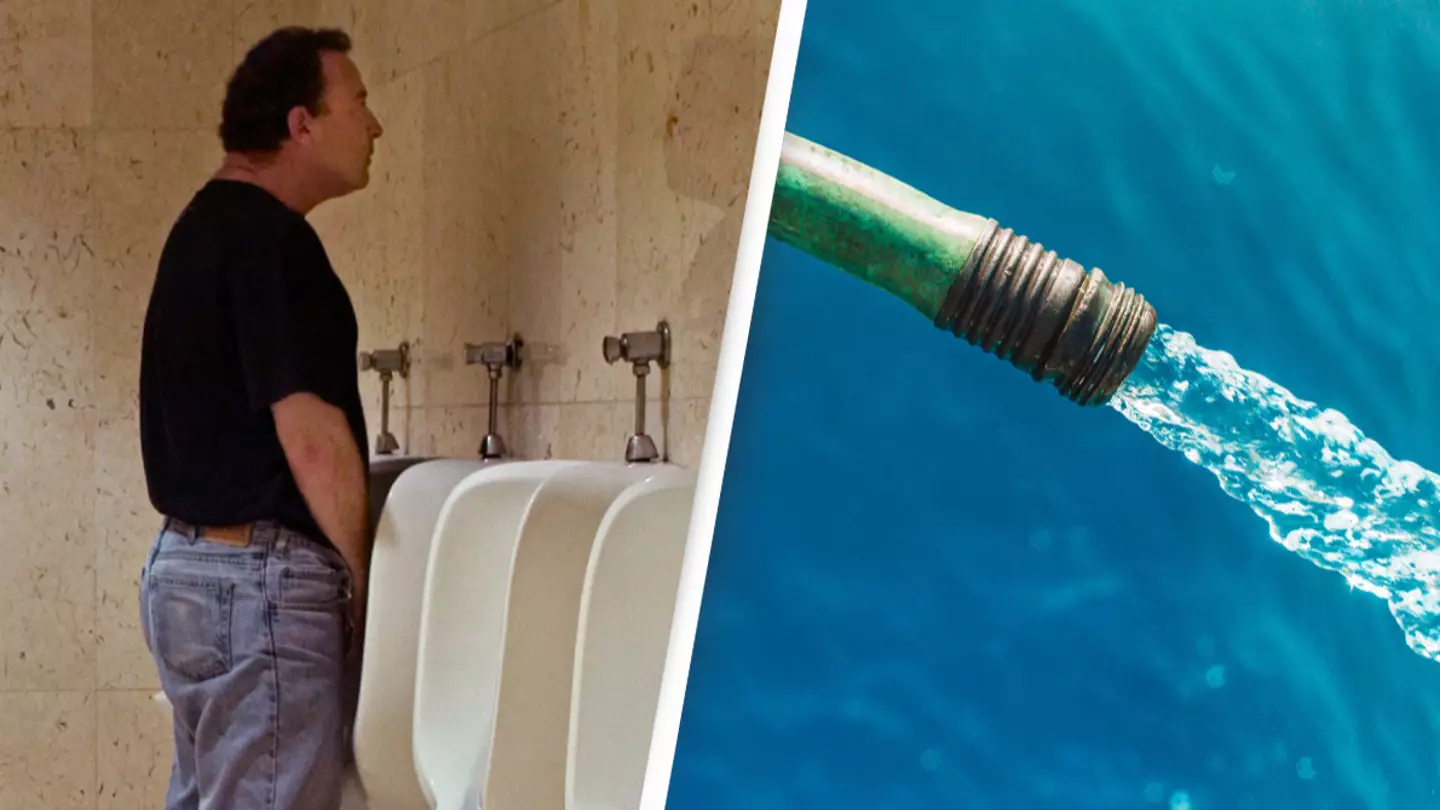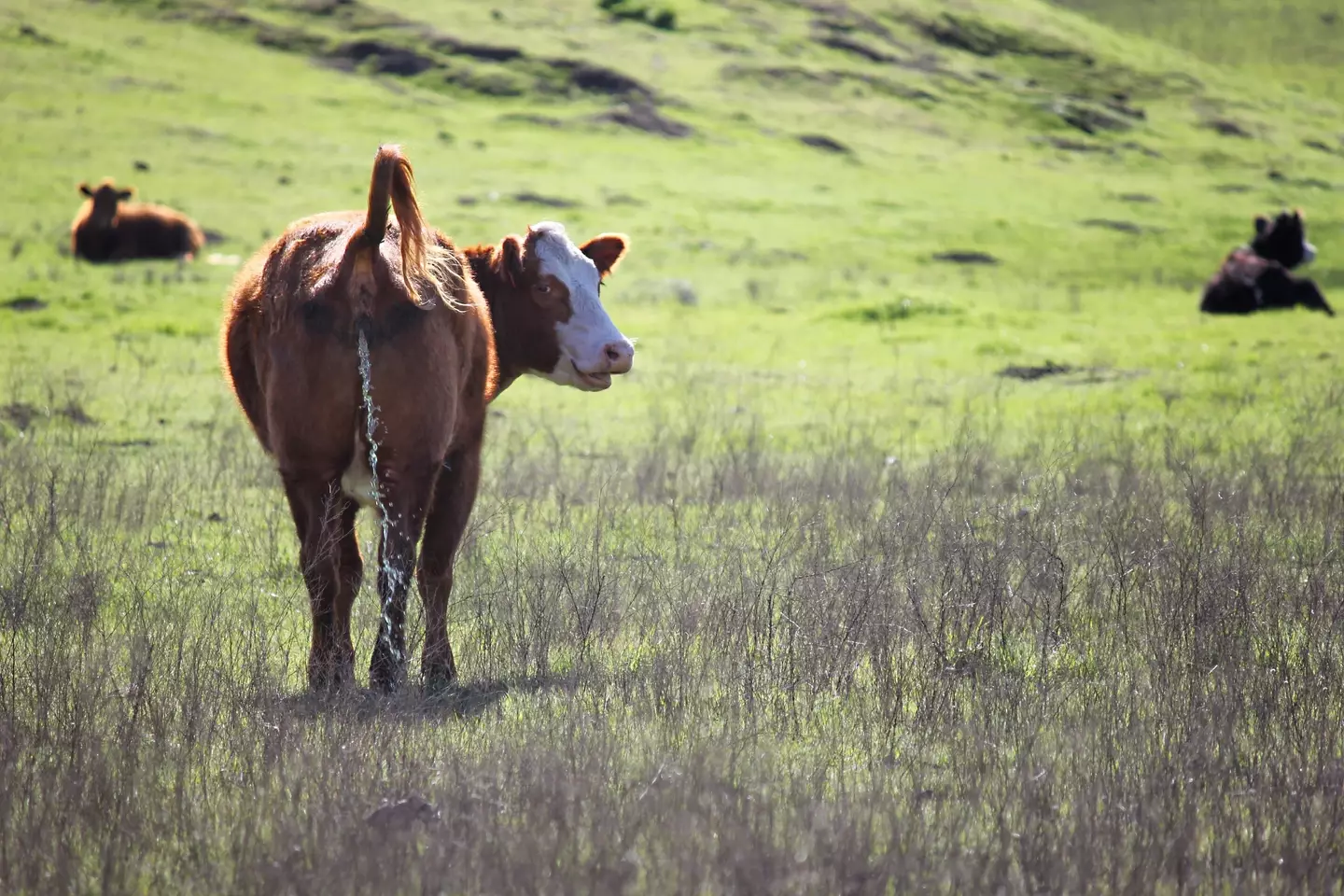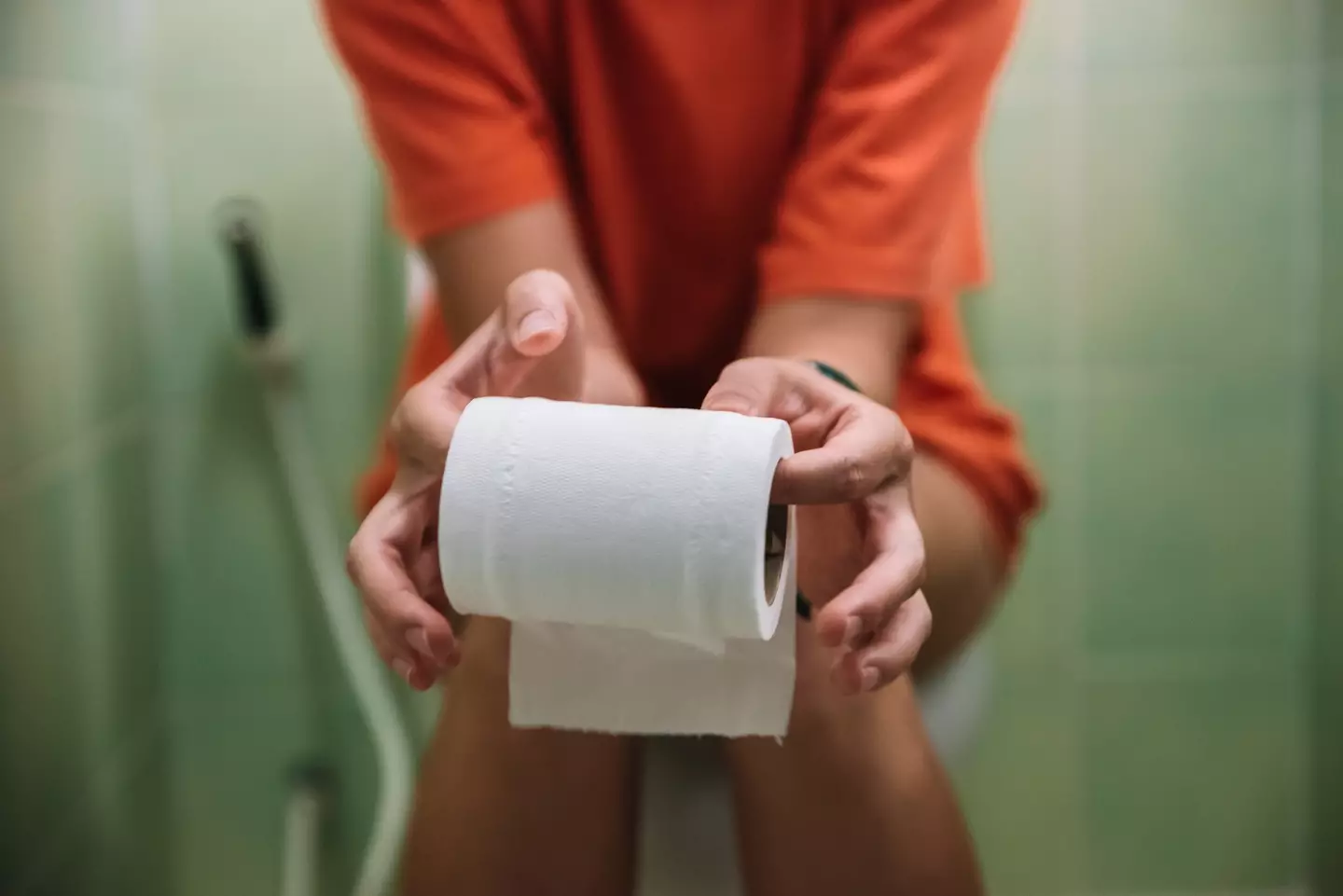
There's a rule you should follow when it comes to peeing, and it's super simple.
There are lots of ways we can ensure that we're looking after our bodies, and this easy hack will help you keep track of your bladder and how healthy it is.
Your pee can already be an indicator that something is wrong - for example if there's blood in it, or if it's looking particularly cloudy.
Advert
But this hack is in regards to how long you're peeing for, rather than what your urine looks like.
This so-called rule was inspired by a study conducted by a group of mechanical engineering students at the Georgia Institute of Technology.
For the study, the team of researchers analyzed high-speed videos of animals of all different sizes peeing and coined the term 'The Law of Urination'.
Advert
The study found that animals that are over three kilograms (6.6 pounds) empty their bladders over about 21 seconds, while smaller animals such as rats took just a fraction of a second to empty their tiny bladders.
From these findings, the researchers were able to confirm that pee duration was not just to do with bladder pressure - it's related to gravity as well, IFL Science explains.

The team penned in the paper, which was published back in 2014: "How can bladders of both 0.5 kg and 100 kg be emptied in nearly the same duration? Larger animals have longer urethras, and so greater gravitational force driving flow.
Advert
"These long urethras increase the flow rate of larger animals, enabling them to perform the feat of emptying their substantial bladders over approximately the same duration."
As to how the study relates to humans, it has given us a general rule of thumb to follow in terms of how long we should be urinating for too.
Around 21 seconds is the sweet spot, and if you're peeing for much longer or much quicker, it could signify that you're either relieving yourself too often or holding in your wee for too long.

Advert
If you pee too often, it could lead to you having what's known as an 'overactive bladder', while holding in your pee for too long can cause you develop a UTI. There's also an increased risk of kidney disease if you're an infrequent toilet-goer, in addition to bladder ruptures and your bladder becoming enlarged.
As well as peeing for the duration of 21 (ish) seconds, another ballpark figure to note is that we should be peeing around eight times a day if you drink eight cups of water, urologist Nicole Eisenbrown says.
Happy peeing!